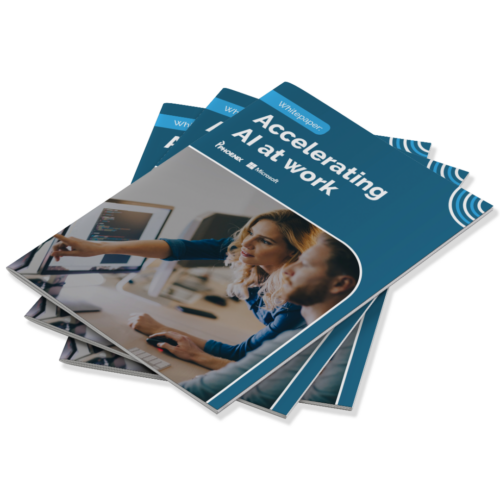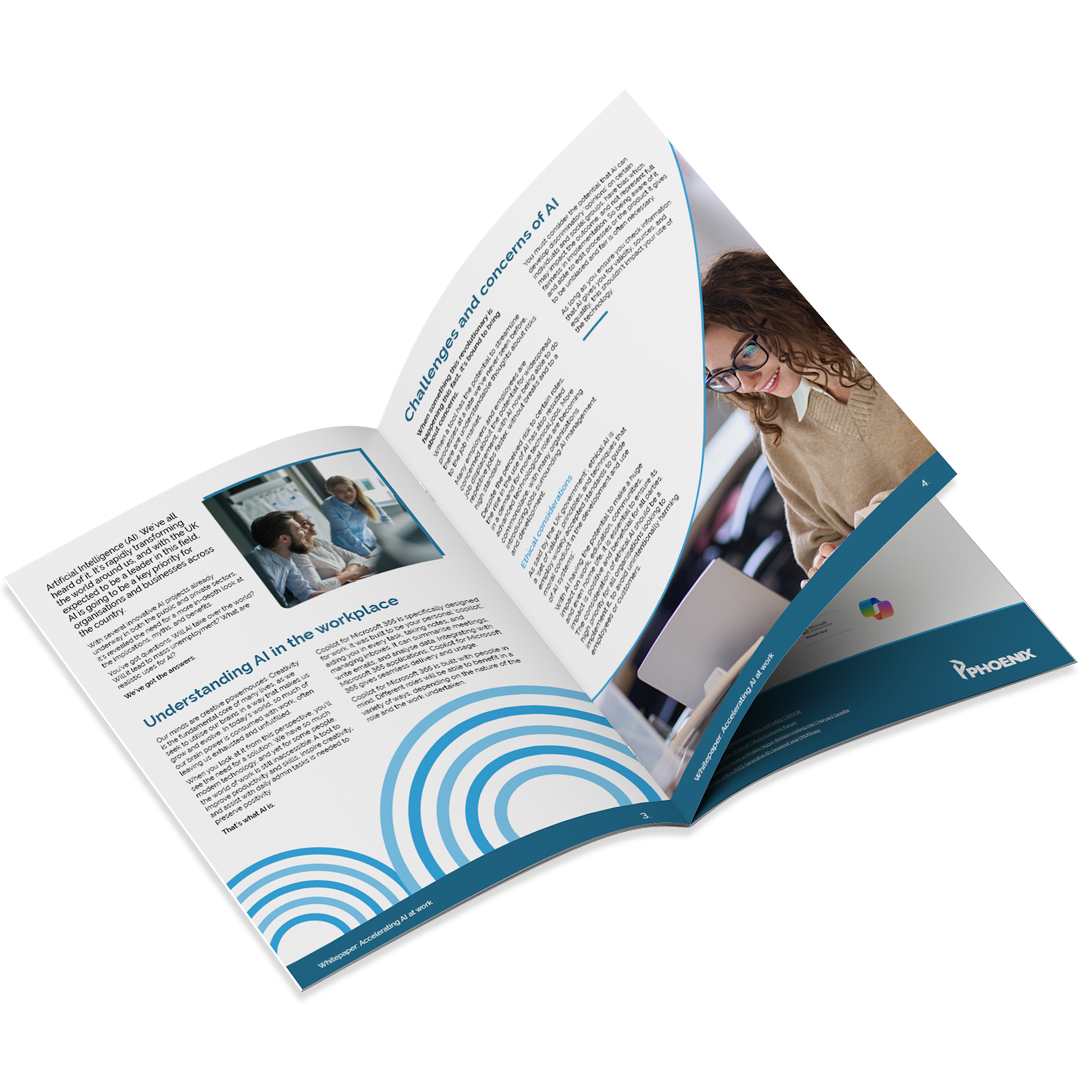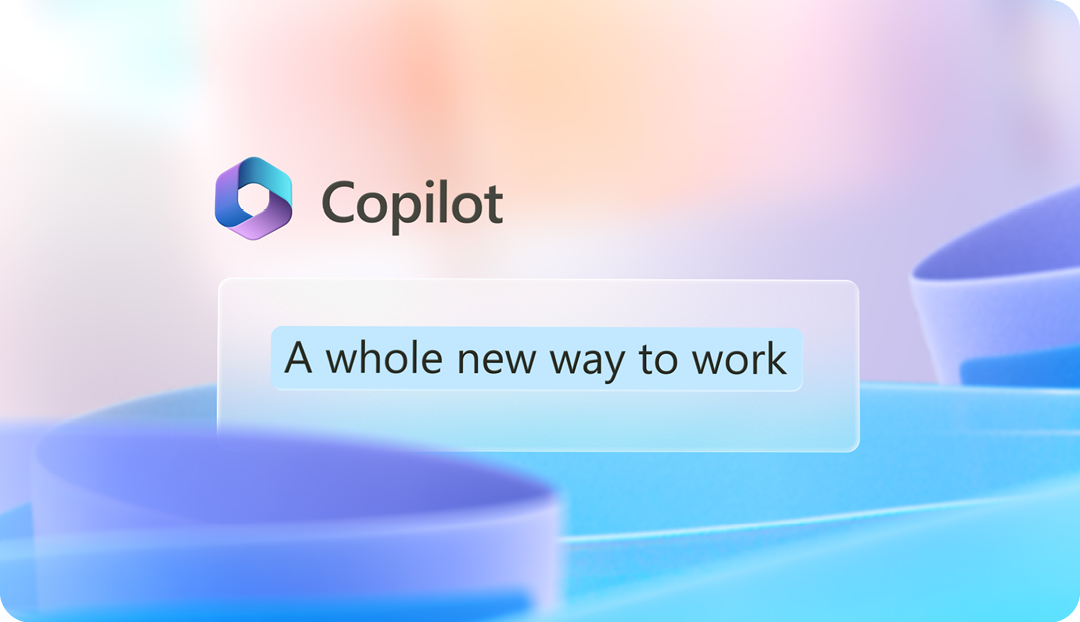Only 22% of people use AI at work. What if we told you that increasing that number would streamline the working world, improving processes, service delivery, and satisfaction? You’d want to know why, how, and what you need to consider…
In the recent introduction of all-new AI programmes and large language mode’s (LLM), many organisations are working towards implementing this technology into their processes to improve efficiency and simplify tasks. Organisations across the country are beginning to utilise technology to:
- Organise and manage emails with Copilot in Outlook, providing regular round-ups, summaries, and reminders
- Streamline processes by reducing steps to completion
- Record and summarise meeting notes using Copilot in Teams
- Draft images, content, or graphics to ease the creative process and improve productivity
- Simplify your data records by using AI to organise and give insights into your data, giving you actionable results
In having so many capabilities, AI has a use in almost every organisation. From basic tasks like sending emails to writing complex code or searching through thousands of webpages to find the exact answer you need, AI is useful to everyone.
Access the whitepaper for free now
The importance of ethical AI use
In our whitepaper ‘Accelerating AI at work’, we explore the challenges of AI and how to prevent ethical and bias issues. But why is it important?
People are showing concern, but many organisations aren’t doing anything about it. Yes, AI has ethical risks, but they can be mitigated without difficulty. As long as the user reviews, checks, and edits the work AI puts out while following government guidelines on AI use, AI is safe to use.
On the go? Busy calendar? Download the infographic to get a
condensed version of the whitepaper, giving you just the facts.


